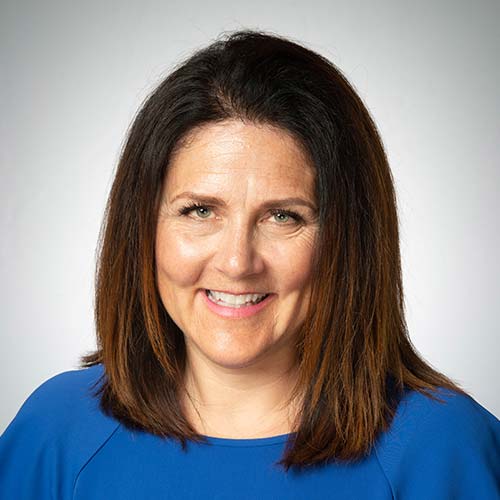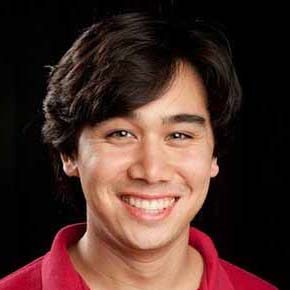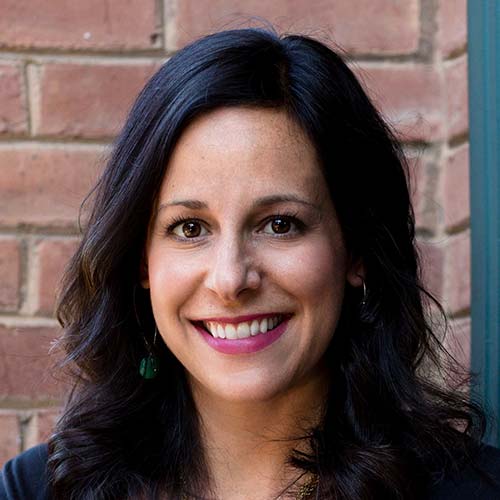Eligibility Requirements
Fellowship applicants compete only against other applicants from the state of their legal residence. To be eligible to apply for a fellowship, you must:
- Be a U.S. citizen
- Be a teacher, or plan to become a teacher, of American history, American government, or civics classes where you will teach topics on the Constitution at the secondary school level (grades 7–12)
- Possess a bachelor’s degree or plan to receive a bachelor’s degree no later than August 31 of the year in which you are applying
Professional Teaching Obligation
After receiving the master’s degree, each Fellow must teach American history, American government, or civics where you will teach topics on the Constitution in grades 7–12 for one full year for each academic year of funding received under a fellowship, preferably in the state from which you were awarded the fellowship.
This was a life-changing experience and my teaching will never be the same—it will be better.
Lisa Dishongh, Texas Fellow
Financial Aspects of the Award
The maximum amount of each award is $24,000, prorated over the period of study, and in no case shall the award exceed $12,000 for one academic year of study. Normally, Fellows receive less than these maximum amounts. Payments are made only for the actual costs of tuition, required fees, and books (as well as room and board if required to live away from your principal residence), and are made only for the minimum number of credits required for the award of the degree.
Failure to complete your graduate degree, to attend the Summer Institute on the Constitution, or to teach qualifying subjects in grades 7–12 for the requisite amount of time entailed by the award will result in forfeiture of the fellowship and require the return of all funds paid under the fellowship, plus applicable interest under federal law.
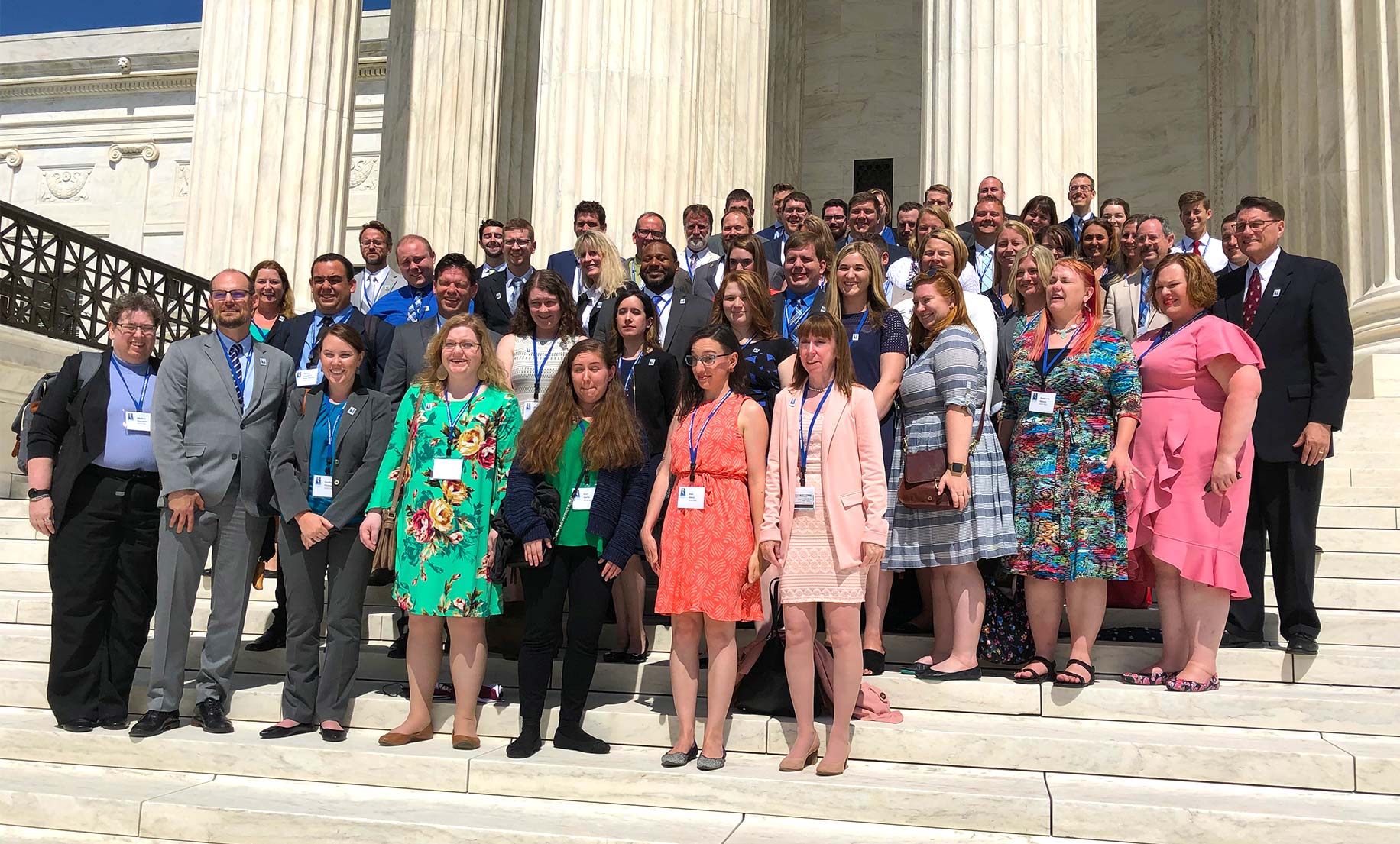
Types of Fellowships
The Foundation offers two types of fellowships:
- Junior Fellowships are awarded to outstanding college seniors and college graduates without teaching experience who intend to become secondary school teachers of American history, American government, or civics classes where you will teach topics on the Constitution in grades 7–12. Junior Fellows are expected to complete graduate study within two academic years of full-time study.
- Senior Fellowships are awarded to outstanding former or current teachers who are required to complete graduate study within five calendar years of part-time study.
Specially Funded James Madison Fellowship
- The Admiral Paul A. Yost, Jr.-James Madison Fellowship is awarded to individuals who meet the eligibility criteria above and have served in the U.S. military.
Full details are found in the James Madison Foundation’s Fellows Handbook which will be given to awardees.
Choice of Graduate School and Degree
The fellowships are intended exclusively for graduate study leading to a master’s degree. James Madison Fellows may attend any accredited institution of higher education in the United States. Each Fellow will be expected to pursue and complete a master’s degree in one of the following (listed in order of the Foundation’s preference):
- Master of Arts (MA) in American history, political science, or government
- Master of Arts in Teaching (MAT) concentrating on either American Constitutional history (in a history department) or American government, political institutions, and political theory (in a political science department). MAT degrees without required constitutional coursework cannot be approved.
- Master of Education (MED) or the Master of Arts or Master of Science in Education with a concentration in American history or American government, political institutions, and political theory
Constitutional Coursework
The Fellow’s proposed plan of graduate study should contain substantial constitutional coursework. Fellows are encouraged to choose institutions that offer courses that closely examine the origins and development of the U.S. Constitution, the evolution of political theory and constitutional law, the effects of the Constitution on society and culture in the United States, or other such topics directly related to the Constitution. Whatever institution and whichever degree a Fellow selects, at least 12 semester credits (or 18 quarter credits) of constitutional study must be part of the Fellow’s program. Six of these semester credits are earned by the Fellow at the Foundation’s Summer Institute on the Constitution in Washington, D.C.
I thank the Madison Foundation for carrying on the Constitution’s spirit … as I and other Fellows pass the torch to the next generation of Americans in our classrooms.
Sam Tombarelli, New Hampshire Fellow
Foundation’s Summer Institute on the Constitution
A major component of the James Madison Fellowship Program is successful completion of the four-week Summer Institute on the Constitution, “The Foundations of American Constitutionalism,” held in Washington, D.C. Fellows attend the Institute after they have matriculated in a graduate program and commenced coursework.
The academic focus of the Institute is a graduate course entitled “The Foundations of American Constitutionalism.” Taught by constitutional scholars, this course is a study of the principles, framing, ratification, and implementation of constitutional government in the United States.
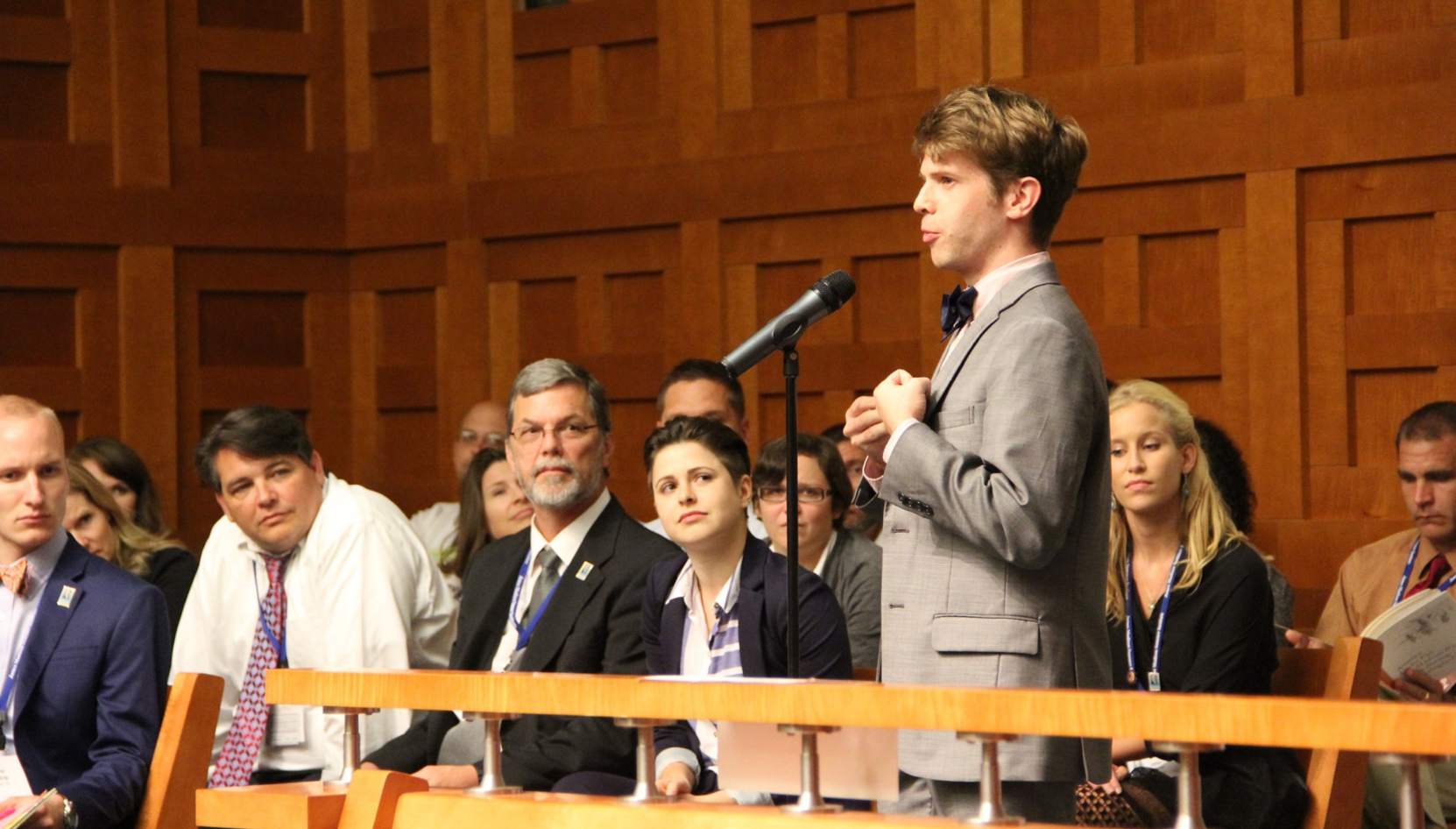
A feature of the Institute is the occasional trips to sites associated with the Constitution, in and around Washington.
One of the informal benefits of attending the Institute is the opportunity for interaction with a wide range of individuals whose varied interests can lead to enduring friendships and professional associations. Expenses for the Summer Institute are included in the fellowship.
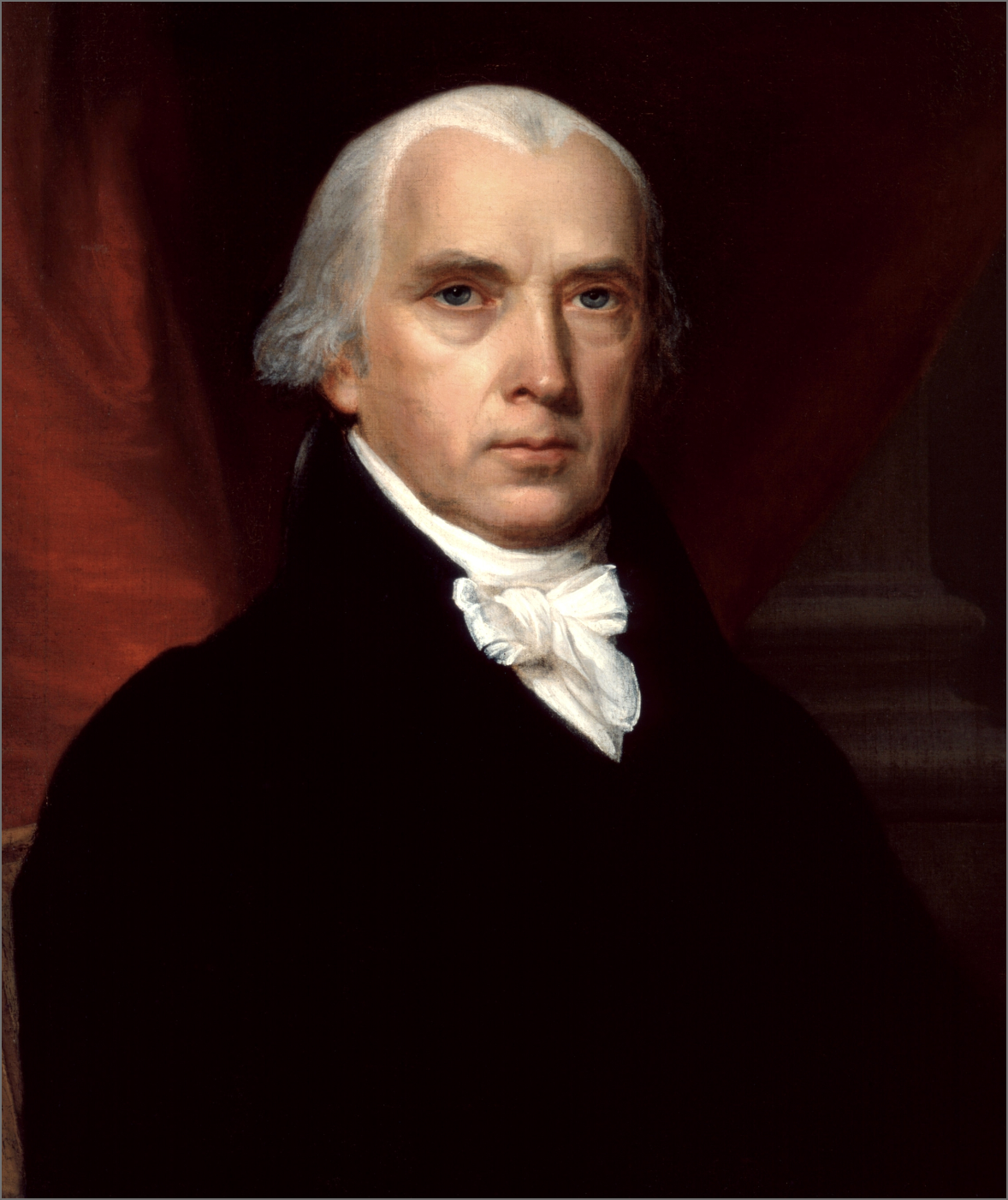
What spectacle can be more edifying or more seasonable, than that of Liberty & Learning, each leaning on the other for their mutual and surest support?
James Madison, Jr.
